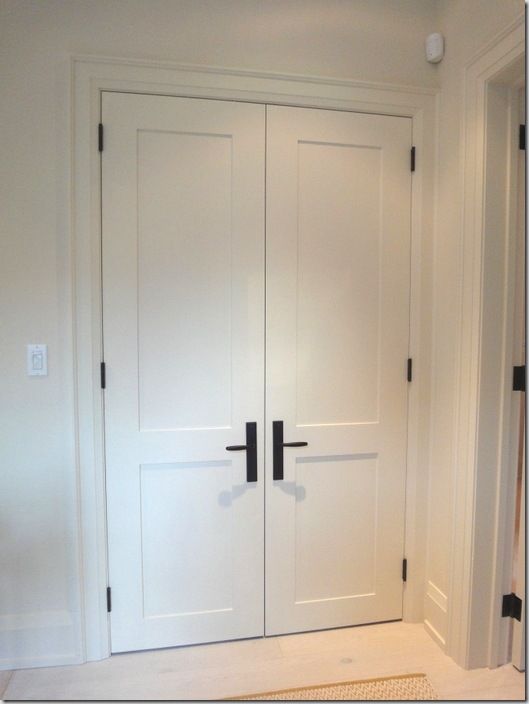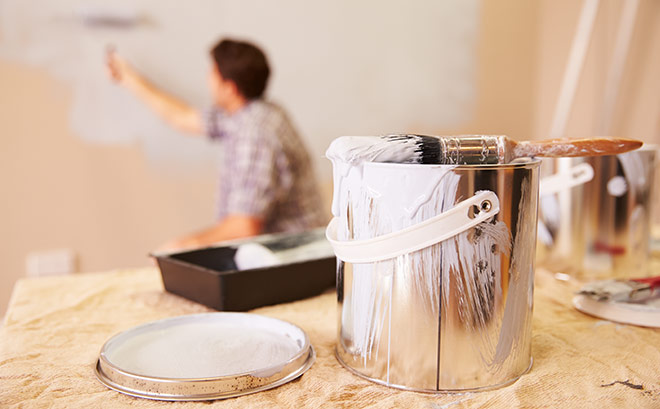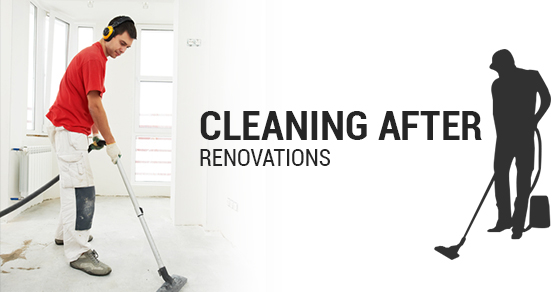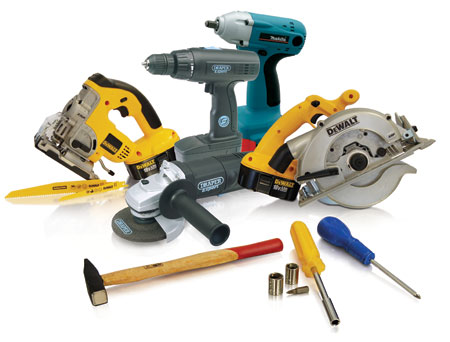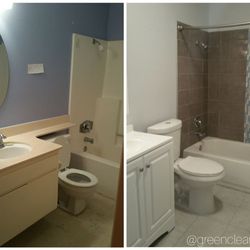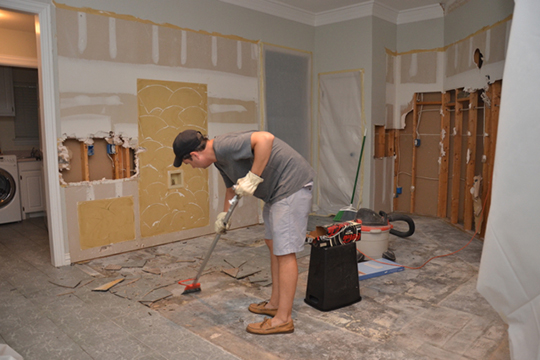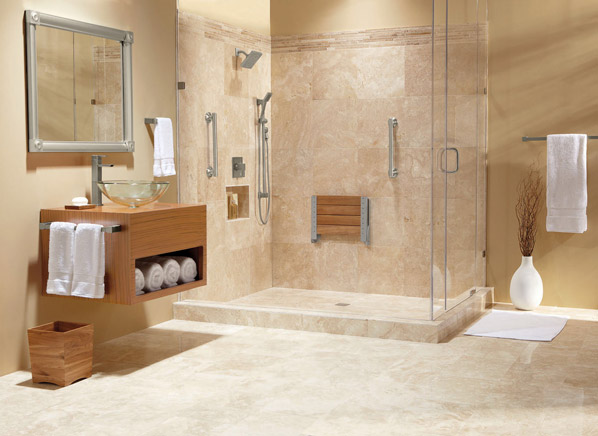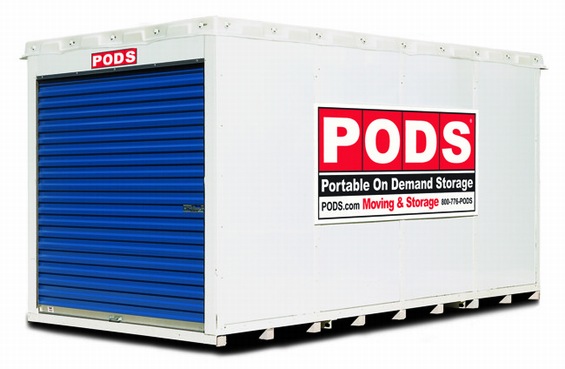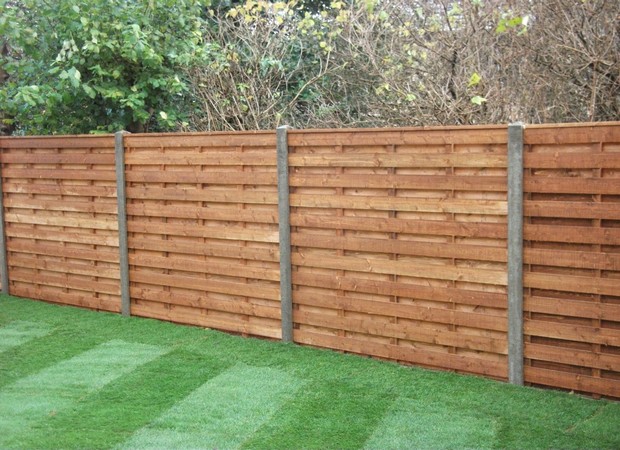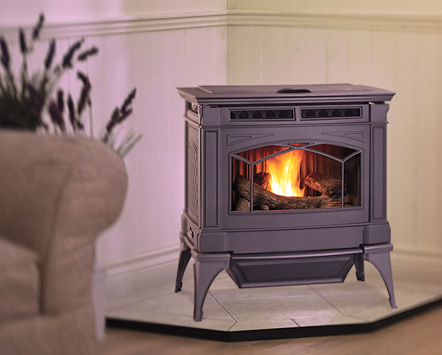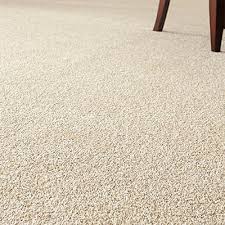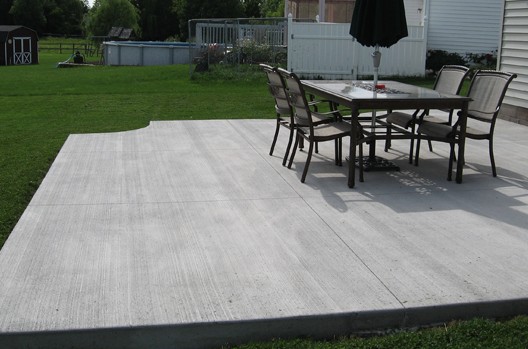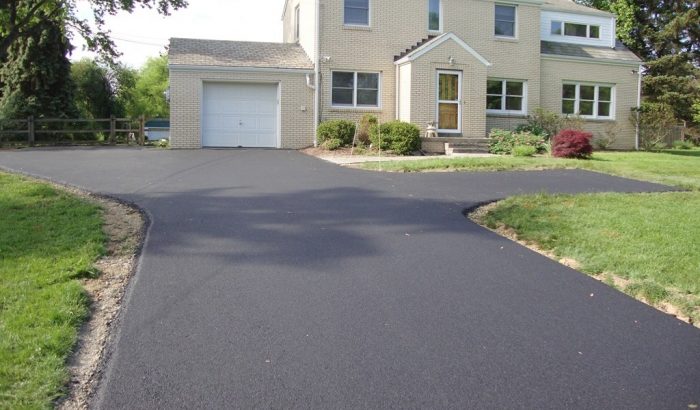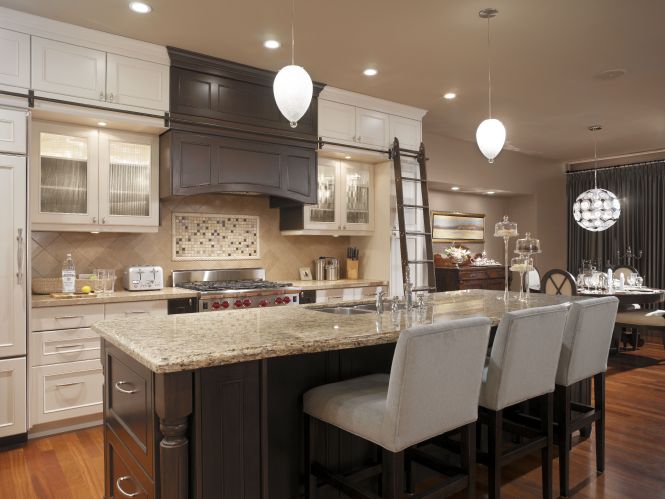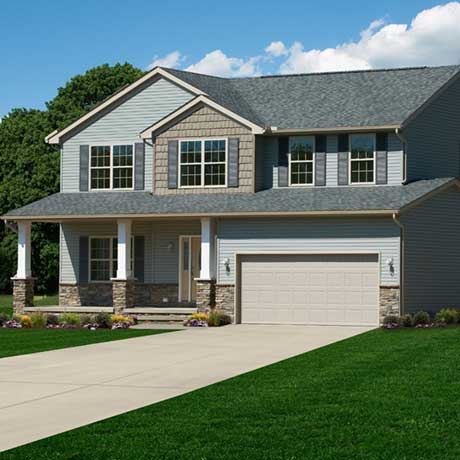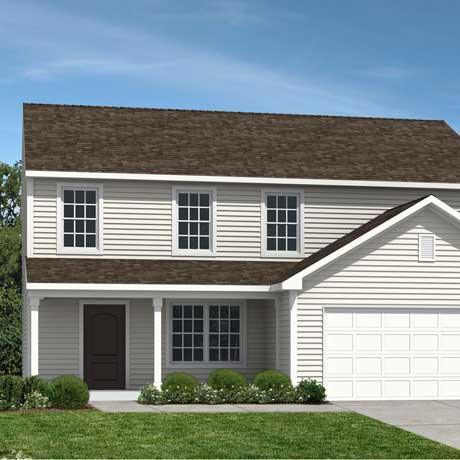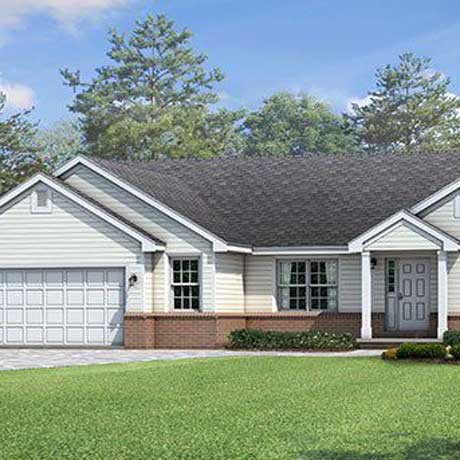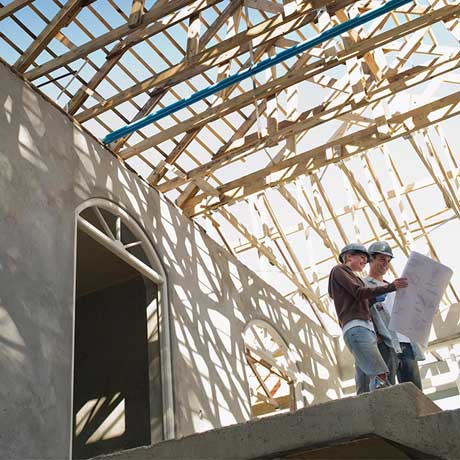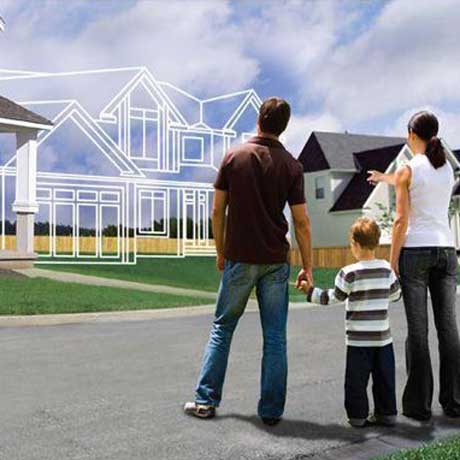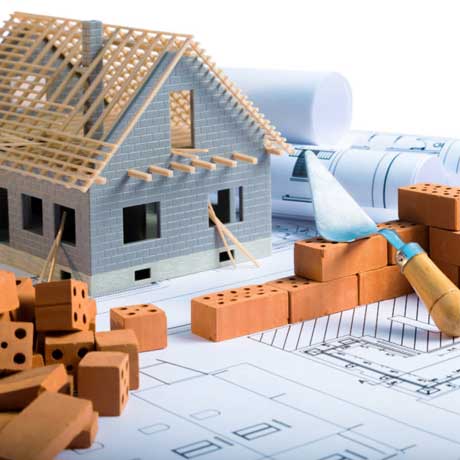Before You Bring Home Your Dog:
 Leash, Leash, ID Tag, Crate or Gates (if required), Bed, Bowls, Food, Treats, Toys, Grooming Supplies, Waste Bags, Enzymatic Cleaner. Gather Needed Supplies
Leash, Leash, ID Tag, Crate or Gates (if required), Bed, Bowls, Food, Treats, Toys, Grooming Supplies, Waste Bags, Enzymatic Cleaner. Gather Needed Supplies By searching for and removing dangerous objects and valuable items that the dog could chew, Dog-Proof your home.
Get your house fitted up for the dog's arrival. Determine where to put the dog's cage, bed, and bowls. Decide where it will be kept for food, treats, and supplies. Determine the dog's house rules and make sure all members of the family know what they are.
Decide what the dog's walking, playing, teaching, eating, and potty time routine will be and who will be responsible for it.
On the First Day:
Determine where the dog will ride on the way home ahead of time. Where possible, it's best to have two people, one to drive and the other to pay attention to the dog. Only carry towels in case the dog gets sick of his car.
Try not to run errands on the way and bring the dog straight home.
No reception-home parties. For the first few days, limit/discourage visitors so that your new dog isn't overwhelmed.
Let the dog sniff around the yard or outdoor area close to your home on a leash when you get home. Bring the dog to your designated potty spot and reward the dog for going there with a treat.
Introduce your puppy, one at a time, to your family members outside. Keep it low-key and calm. Let the dog be the one to enter the encounter, sniff and push it. Offering a reward will encourage the dog to connect good things(food!) with family members. During the initial presentation, no hugging, kissing, picking up, looking at, or patting on the top of the head. For certain dogs, these things can be frightening.
Initially, stick close to home. No big excursions. Before you can predict how it will react to distinct stimuli, you need to learn the behavior of your new dog. Build a routine for walking in an environment that you are familiar with. A successful form of exercise, bonding, and training is also organized play in the yard.
Bring your dog on a leash into the house and give it a house tour. Try to keep the mood calm and comfortable and use a "leave-it" to redirect any chewing or picking of things and give a suitable toy.
Sometimes, put your new dog outside. Dogs don't generalize as much as we do, so your dog needs to learn your house rules, including a house training refresher, even though your dog might have been house trained in its previous home.
Make sure you get enough "quiet time" with your new dog so that your dog can acclimatize to the new environment. Be observant of the responses of the dog and go at the speed of the dog.
Put Regular Routines in place:
Sleeping-Initially, the crate or bed should ultimately be in the space you want the dog to sleep in. The place should be healthy, dog-proofed, easy to clean, relaxed and quiet, with familiar fragrances. In an uninhabited place such as the garage or cellar, don't put your new puppy.
Feeding-Based on breed, height, age, activity level, and health, check with your veterinarian what the recommended food and quantities should be for your dog. If possible, rather than one big meal, feed two smaller meals a day. To allow for treats during training, you will need to decrease the meal size. Make sure the food bowl for the dogs is in a protected location, out of the way.
Walks-Keep the walks brief at first (5-10 minutes) before you understand the behavior of your new dog and how it reacts to various stimuli. Keep the areas relatively quiet at first. Until you and your dog are relaxed, avoid contact with other dogs and new individuals.
Use of the crate and suitable toys are perfect ways to keep your new dog out of trouble. Chew Toys/Interactive Toys Your dog's and climate control avoids problem behaviors. Chew toys are an ideal way to guide the attention of your dog to suitable toys, and away from products you don't want your dog to kill. Interactive games make the dog use his imagination and, physically, wear him out. For a new puppy, when you play with your dog, stop rough and tumble, slapping, wrestling, and chasing games.
Using a crib and a toy in conjunction with leaving for brief periods and coming back several times a day, starting with the first day with your new dog, to avoid separation anxiety. Don't make a huge fuss over whether you come or go.










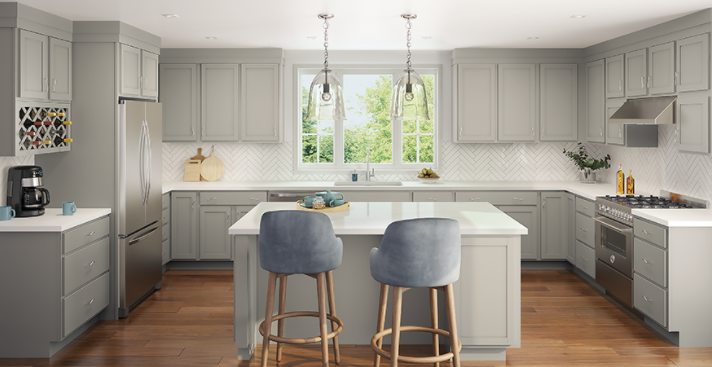 fronts all add a layer of elegance. Also, imaginative storage ideas such as a wine rack or spice rack drawer can offer a designer touch to your kitchen and home.
fronts all add a layer of elegance. Also, imaginative storage ideas such as a wine rack or spice rack drawer can offer a designer touch to your kitchen and home. 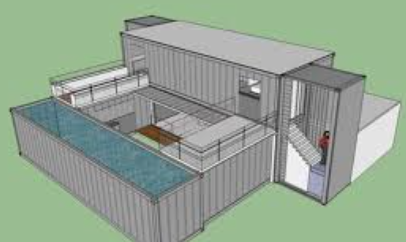 Use neighborhood and city information to educate your plan choices and present an advanced or physical model for a reasonable housing unit that serves in any event one group of four.
Use neighborhood and city information to educate your plan choices and present an advanced or physical model for a reasonable housing unit that serves in any event one group of four.  Clean and sanitize hard surfaces
Clean and sanitize hard surfaces 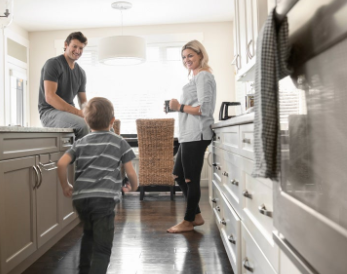 Kitchen
Kitchen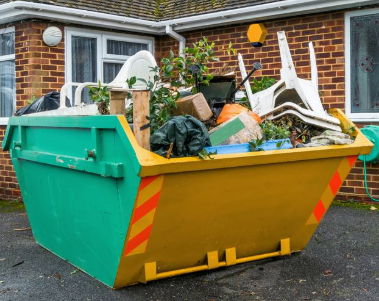 As per
As per 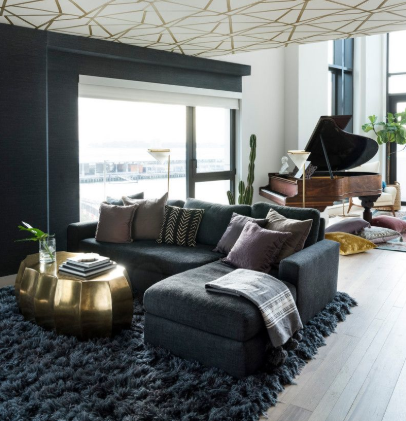 Dark Carpet
Dark Carpet 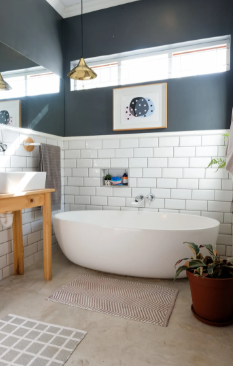 Utilize Dark Paint
Utilize Dark Paint 